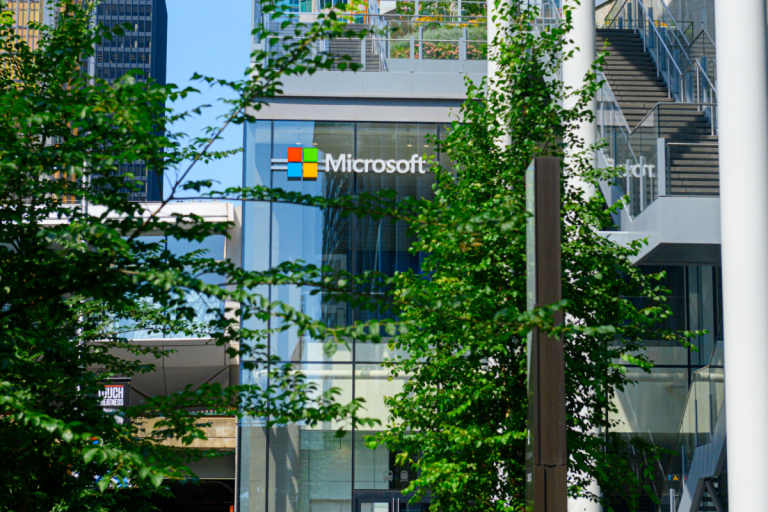Microsoft has confirmed that Windows 10 users in the European Economic Area (EEA) will receive extended support at no cost, following pressure from consumer rights group Euroconsumers. This decision marks a shift from earlier policies that required payment or engagement with Microsoft services, though concerns remain about broader compliance with EU regulations and sustainability goals.
From Paid Updates to Free Support
Initially, Microsoft announced that after October 14, 2025—the official end-of-support date for Windows 10—users could pay a one-time fee of $30 to access Extended Security Updates (ESU). Later, the company offered a “free” path, but only if consumers redeemed Microsoft Reward Points or used Windows Backup to sync their settings. These conditions were criticized as indirect barriers to access.
Pressure from Consumer Advocates
Euroconsumers, a Brussels and Luxembourg-based advocacy group, argued that Microsoft’s approach violated the Digital Markets Act and the Digital Content Directive. The group also linked the issue to EU sustainability goals, noting that forced upgrades would lead to significant electronic waste. In response, Microsoft agreed to provide a no-strings ESU option for Windows 10 consumers in the EEA, with the only requirement being a Microsoft account.
Lingering Concerns
While the free ESU is welcomed, Euroconsumers maintains that a single year of support is insufficient. The organization emphasizes that the transition from Windows 10 to Windows 11 forces many users to buy new hardware due to Trusted Platform Module (TPM) requirements. Estimates suggest that more than 850 million active devices may be unable to upgrade. Surveys also show that 22 percent of users still operate PCs from 2017 or earlier, which remain functional but incompatible with Windows 11.
Outlook for Consumers
The debate over Windows 10 highlights tensions between corporate product cycles and consumer rights in the EU. While the free extended support provides temporary relief for millions of users, advocacy groups are expected to continue pressing Microsoft for longer-term commitments. Questions remain about whether similar concessions will extend to UK users after the October 2025 deadline.
Microsoft’s policy change demonstrates the growing influence of EU digital regulations on global technology companies. Although Windows 10 users in the EEA gain short-term security protection, unresolved concerns about sustainability, hardware compatibility, and fairness in software lifecycle management ensure that this issue will remain under scrutiny in the months ahead.


